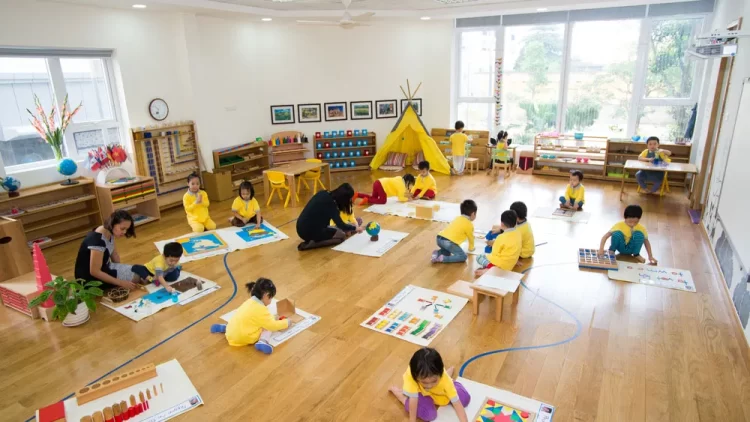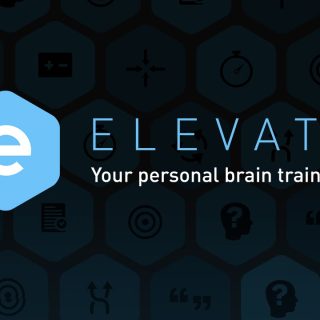Montessori Education Unveiled: A Comprehensive Exploration
Montessori education, rooted in the pioneering work of Maria Montessori, represents a distinctive approach to early childhood learning. This comprehensive exploration aims to unravel the intricacies of Montessori education, delving into its foundational principles, the unique features that define its classrooms, and the profound impact it has on the development of children aged 2 to 6 years old. From the philosophy that champions self-directed learning and independence to the carefully crafted environments adorned with hands-on learning materials, we embark on a journey into the heart of Montessori education.
Chapter 1: Foundations of Montessori Philosophy
1.1 The Visionary Maria Montessori
- Description: Maria Montessori, an Italian physician and educator, laid the groundwork for the Montessori philosophy in the early 20th century. This section explores her life, influences, and the development of her educational principles.
1.2 Principles of Montessori Education
- Description: Montessori education is guided by core principles such as respect for the child, the importance of the prepared environment, and the belief in the child’s innate ability to learn. This section dissects these principles and their implications for teaching and learning.
1.3 The Role of the Montessori Teacher
- Description: In Montessori education, teachers are viewed as guides or facilitators rather than traditional instructors. This section examines the unique role of Montessori teachers in fostering independence, observing children’s needs, and guiding their learning journey.

Chapter 2: The Montessori Classroom Experience
2.1 The Prepared Environment
- Description: The cornerstone of Montessori education is the meticulously prepared environment. This section explores how Montessori classrooms are structured to promote independent exploration, order, and beauty.
2.2 Freedom of Choice and Responsibility
- Description: One hallmark of Montessori classrooms is the freedom granted to children to choose their activities. This section delves into how this freedom is balanced with the responsibility to use materials respectfully and return them to their designated places.
2.3 The Montessori Materials
- Description: A distinctive feature of Montessori education is the use of hands-on learning materials designed to be self-correcting and engaging. This section provides an in-depth examination of these materials and their role in facilitating learning.
2.4 The Work Cycle
- Description: Montessori classrooms operate on a unique work cycle, allowing children uninterrupted periods of self-directed activity. This section explores how this cycle contributes to concentration, focus, and a deep engagement with learning.

Chapter 3: Age Group Considerations
3.1 Toddlers in Montessori
- Description: Montessori education extends its principles to toddlers, focusing on motor skill development, language acquisition, and socialization. This section outlines the specific characteristics of Montessori toddler environments.
3.2 Primary Program (Ages 3 to 6)
- Description: The primary program in Montessori caters to children aged 3 to 6 and introduces more advanced materials in language, mathematics, cultural studies, and the arts. This section explores the individualized learning paths within this age group.
Chapter 4: Beyond Academics
4.1 Character Development
- Description: Montessori education places a strong emphasis on character development, fostering virtues such as respect, responsibility, and empathy. This section examines how these values are integrated into the daily experiences of Montessori students.
4.2 Peace Education
- Description: Montessori classrooms incorporate peace education to cultivate a sense of global citizenship, conflict resolution skills, and an appreciation for diversity. This section explores how these principles are woven into the fabric of Montessori education.
Chapter 5: Challenges and Considerations
5.1 Understanding Montessori Principles
- Description: Parents and educators may face challenges in fully understanding and embracing Montessori principles, which can differ from traditional educational approaches. This section addresses common misconceptions and provides insights into effective communication.
5.2 Transition to Traditional Schooling
- Description: Children transitioning from Montessori to traditional schooling may encounter adjustments. This section discusses potential challenges and collaborative approaches between Montessori and traditional educators to support a smooth transition.

Conclusion:
In the tapestry of educational philosophies, Montessori education emerges as a vibrant thread, weaving together principles that celebrate the child’s innate curiosity, independence, and love for learning. This comprehensive exploration endeavors to unravel the layers of Montessori education, from its foundational principles to the day-to-day experiences of children in Montessori classrooms. As we navigate this journey, we discover that Montessori is not merely an educational method but a profound philosophy that fosters the growth of resilient, inquisitive, and compassionate individuals.









